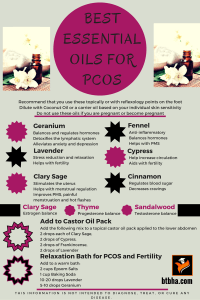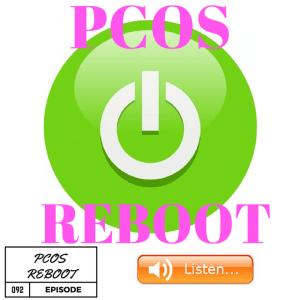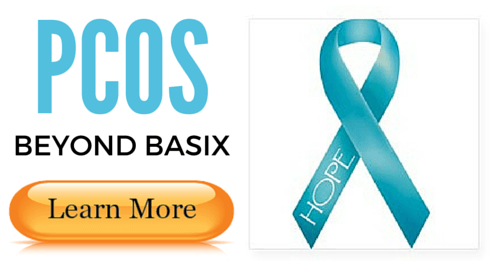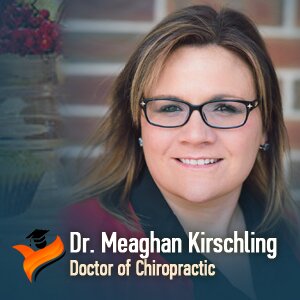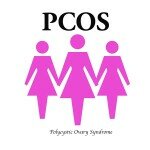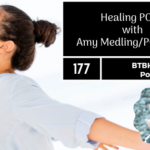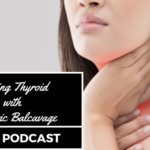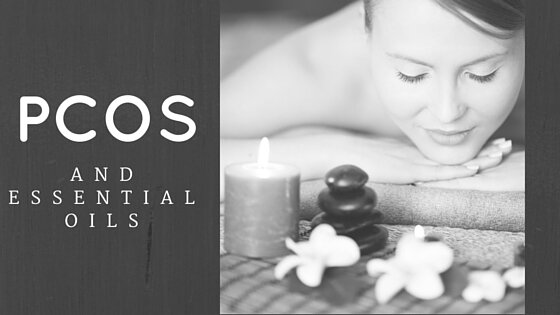 PCOS and Essential Oils
PCOS and Essential Oils
What are essential oils and why are they beneficial?
Aromatherapy is an alternative healing practice that uses essential oils and other aromatic compounds from plants to improve overall health and well-being of an individual. Plants and byproducts of plants have powerful healing capabilities. As a protective mechanism against environmental factors, plants synthesize a wide variety of chemical compounds and phytonutrients that are used not only to perform essential biological functions, but also defend against environmental stressors such as heat, cold, poor growing environments, insects, fungi, and herbivorous mammals. These powerful protectors have to be produced in the plants since plants do not have the defense mechanism of movement. We can reap the benefits of these powerful protectors by exposing ourselves to these phytonutrients both internally and externally (depending on the best method of delivery for the specific phytonutrient).
Essential oils are volatile oils that have strong aromatic components and that give distinctive odor, flavor, or scent to a plant. The aromatic characteristics of essential oils have different benefits depending on the source. Essential oils come from roots, flowers, fruits, leaves, wood, seeds, and bark of various plants. And different oils come from various parts of the plant. For example, oil of lavender is derived from flower, oil of patchouli originates from a leaf, and oil of orange comes from a fruit. Many of the aroma and flavors of the essential oils can be utilized for medicinal purposes.
Besides the powerful plant medicinal properties, there is also the effect on the limbic system with aromatherapy. The fragrance of the essential oil stimulates the olfactory component of the limbic system in the frontal brain. From tapping into this part of the brain, chemicals are released that work to restore hormonal balance, release emotional stress and impart the feeling of relaxation and wellbeing. These effects help to stabilize the symptoms of PCOS.
There is yet to be a cure for PCOS but many alternative healing modalities, like aromatherapy, can help to alleviate symptoms.
Recommend that you use a carrier oil with all essential oils to decrease the chance of a reaction. Strongly recommend if you have sensitive skin. Also, make sure that you first try the oil on a small area of the skin before using any oil topically on a large amount of skin. I recommend that you use coconut oil, vitamin E oil, apricot seed oil, avocado oil, or sweet almond oil.
Top 10 Essential Oils for PCOS
-
Lavender
- Help relieves stress
- Improves circulation
- Helps with fertility
-
Geranium
- Normalize hormone levels
- Supports reproductive organs of the ovaries and uterus
- Alleviates anxiety
-
Clary Sage
- Uterine tonic
- Control anxiety
- Supports estrogen
-
CinnamonSupports blood sugar
- Regulates insulin levels
- Lose weight
- German Chamomile
-
Sweet Fennel
- Regulates menstrual cycle and decreases hormone fluctuations
- Anti-inflammatory
-
Cypress
- Good for fertility
- Helps with circulation
-
Rose Otto
- Anti-inflammatory
- Aphrodisiac
- Menstrual balance
- Fertility support
-
Ylang Ylang
- Decreases stress
- Hormone concerns
-
Frankincense
- Help alleviate cysts and fibroids
- Balance the endocrine system
- Utilize with warm compress
-
Ginger
- Stimulates circulation to pelvic region
- Balances the body
Hair Loss
Another aspect of PCOS that essential oils can help is hair loss. I mix the following essential oils in equal parts to stimulate the hair follicles and balance hormones: rosemary, peppermint, thyme, lavender, and cedarwood. I put this in a small amount of grapeseed and castor oil. My combination is about four drops of each oil with a total of a ¼ cup of grapeseed oil and castor oil combined.
Essential oils do not cure any disease and should not be used to treat any medical condition. However, there healing properties can be utilized in order to alleviate common signs and symptoms that go along with PCOS.
Additional Resources
A great resource for more information about PCOS is PCOS Diva. Here is some information that she provides on her blog
More information about PCOS and treatments can be found on our PCOS Blog.
We always recommend that you work with licensed professional for any health concerns.
Article by Dr. Meaghan Kirschling, DC, APRN, RN, MS
Click Here to Subscribe
More information at www.btbha.com
Have questions? Contact us at

